
Comoros President Azali Assoumani has denied targeting his opponents in the run-up to March elections, calling the detention of numerous opposition members in the Indian Ocean nation as "unfortunate coincidences".
Assoumani, who first came to power in a 1999 coup, insists the March 24 vote will be transparent, putting the impoverished islands on the path to becoming an emerging economy by 2030.
That's despite widespread criticism from international monitors over a referendum last year on constitutional changes which could allow him to remain in power until 2029.
As for his opponents: "No opposition figure can say they were arrested because they spoke. There are no political arrests in the Comoros," Assoumani told AFP in an interview during a private visit to Paris.
Several opposition politicians have been tried and convicted by the former French colony's courts in recent months.
Ex-president Ahmed Abdallah Sambi is under house arrest for fraud and corruption, and the head of his Juwa party, Hassane Ahmed el-Barwane, was sentenced in December to seven years in prison for assaulting a soldier.
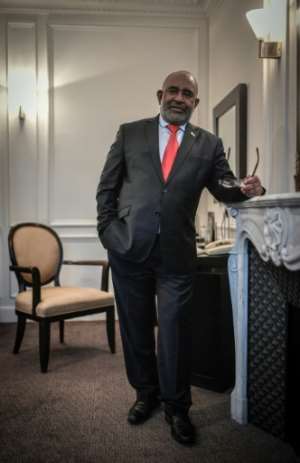 Comorian President Azali Assoumani faces widespread criticism from international monitors over a referendum last year on constitutional changes which could allow him to remain in power until 2029. By STEPHANE DE SAKUTIN (AFP/File)
Comorian President Azali Assoumani faces widespread criticism from international monitors over a referendum last year on constitutional changes which could allow him to remain in power until 2029. By STEPHANE DE SAKUTIN (AFP/File) Four others, including former vice-president Djaffar Said Ahmed Hassane, who has fled to Tanzania, have also been sentenced to hard labour for life for plotting against the state and endangering national security.
"Our leaders are being arrested or hounded," a senior member of Juwa told AFP, speaking on condition of anonymity.
Assoumani brushed aside the arrests as "unfortunate coincidences".
He insisted the judiciary operated independently in the Sunni Muslim nation, which has been undergoing an exodus to the neighbouring French-run island of Mayotte.
"I challenge any judge to say that they were acting on a call from President Azali," he said of the opposition arrests.
Ten more years?
This is the second spell in power for 61-year-old Assoumani, who after the coup was elected to a four-year-term in 2002 and then returned in 2016.
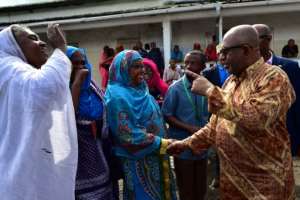 President Azali Assoumani shakes hands as he arrives to vote during a referendum last July which supposedly gave him 93 percent public backing for changing the constitution to allow Comoros presidents to hold two consecutive terms. By TONY KARUMBA (AFP/File)
President Azali Assoumani shakes hands as he arrives to vote during a referendum last July which supposedly gave him 93 percent public backing for changing the constitution to allow Comoros presidents to hold two consecutive terms. By TONY KARUMBA (AFP/File) Last year's referendum supposedly gave him 93 percent public backing for changing the constitution to allow Comoros presidents to hold two consecutive terms.
But the vote was boycotted by the opposition, and observers cast serious doubt over the official turnout of nearly 63 percent.
The presidency will continue to change hands between the three islands that make up the Comoros -- Grand Comore, Anjouan, and Moheli -- but every 10 years, instead of every five.
The changes could potentially allow Assoumani to stay in power for a further decade.
That might well worry his opponents, but he insists the changes can only be a good thing for the "unity of the country".
Under the new system, all citizens will be able to vote from the first round of presidential elections, rather than this being reserved for residents of the island holding the presidency.
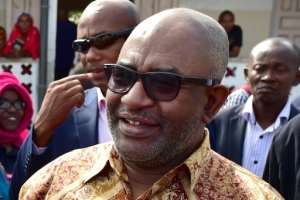 Comoros' President Azali Assoumani is inviting observers to monitor the presidential vote in March. By TONY KARUMBA (AFP/File)
Comoros' President Azali Assoumani is inviting observers to monitor the presidential vote in March. By TONY KARUMBA (AFP/File) Anxious to give credibility to the elections after the controversial referendum, Assoumani is inviting observers to monitor the presidential vote.
"The campaign starts on February 24 and we must have observers in place to inform us of any errors that need correcting," he said.
The Comoros have notably asked the African Union and the world body of French-speaking nations, the International Organisation of La Francophonie, to send monitors.
'I won't be beaten'
Assoumani insists that things don't always go his way. "I was elected in 2002 and when I left in 2006, my candidate didn't win," he said.
But if he loses in March, would he accept the result?
"I won't be beaten," he laughed.
"I am confident, the Comorians are not ingrates -- they know what we have been putting in place in any number of sectors," he said.
"We are developing infrastructure: the roads; we have a project to build an autonomous deep-water port in Anjouan; there is a contract to make a decent international airport for Moroni," the capital.
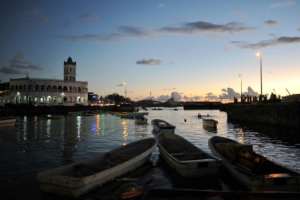 The sun sets over Moroni, capital of the Comoros archipelago, where President Azali Assoumani says there is a contract to build a new airport. By TONY KARUMBA (AFP/File)
The sun sets over Moroni, capital of the Comoros archipelago, where President Azali Assoumani says there is a contract to build a new airport. By TONY KARUMBA (AFP/File) His government has signed contracts with the United Arab Emirates to develop solar energy, a sector Assoumani is keen to develop, along with fishing.
His objective is to speed up development of the Comoros, notably to put a brake on the wave of departures towards wealthier Mayotte, which chose to remain part of France after Comoros declared independence in 1974.
Mayotte sends home 18,000 to 22,000 Comorians every year -- an issue that riles Assoumani, who is pushing for Comorians to be allowed visit the neighbouring island visa-free.
"We consider Mayotte as Comorian under international law. It is very difficult for us to see Comorians sent home from Mayotte as if they were illegal immigrants, as if they were foreigners," said Assoumani.
The Comoros have had a tumultuous history, marked by 20 attempted or successful coups since independence from France in 1975.
And the Mayotte issue has embittered relations with Paris.
Assoumani insists he wants to "prioritise dialogue" with France, with a deal to soothe relations currently under negotiation.
Read Full Story
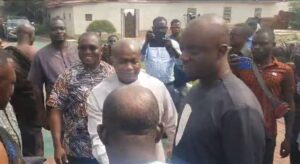
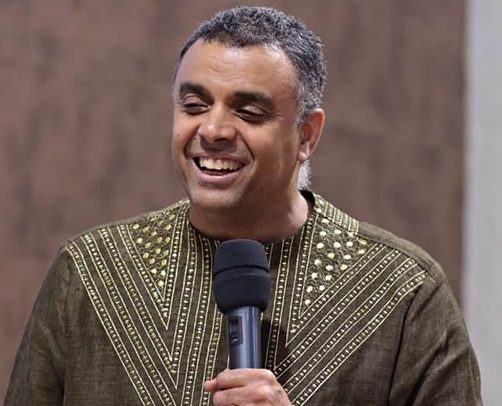
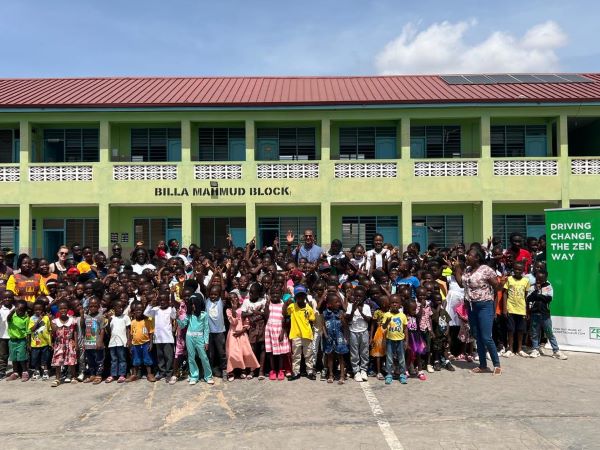
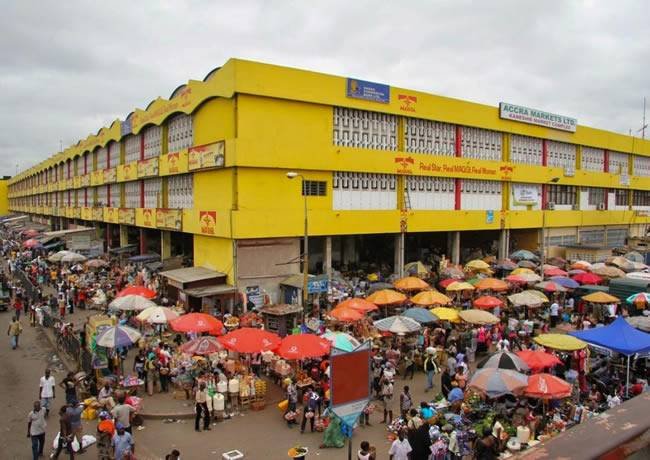


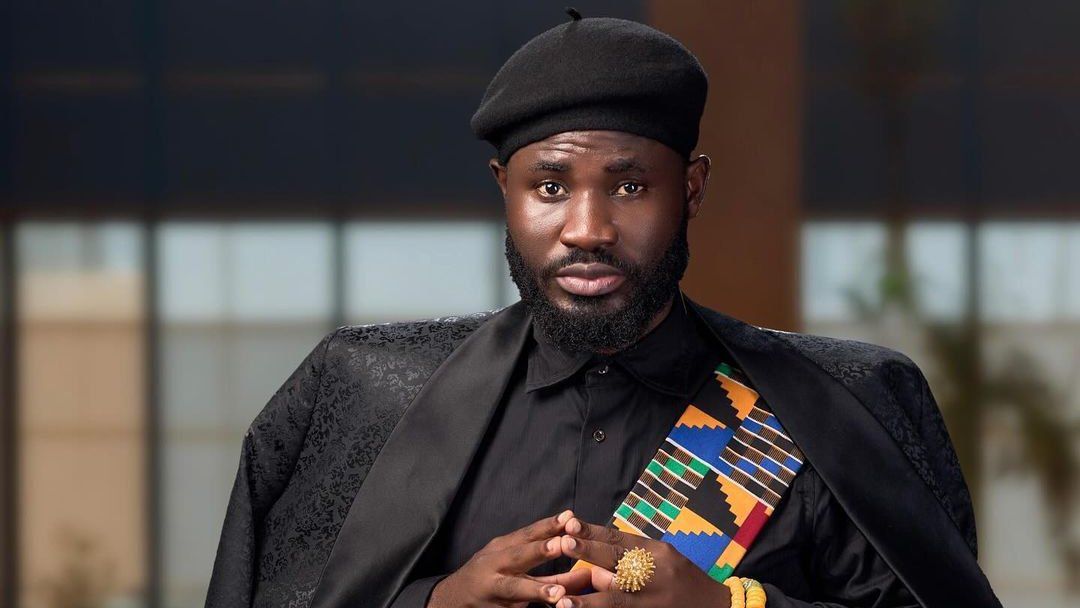

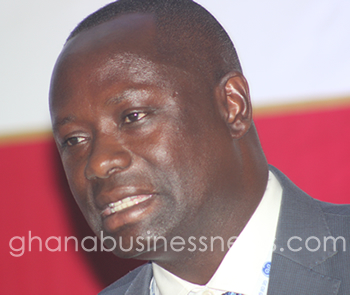
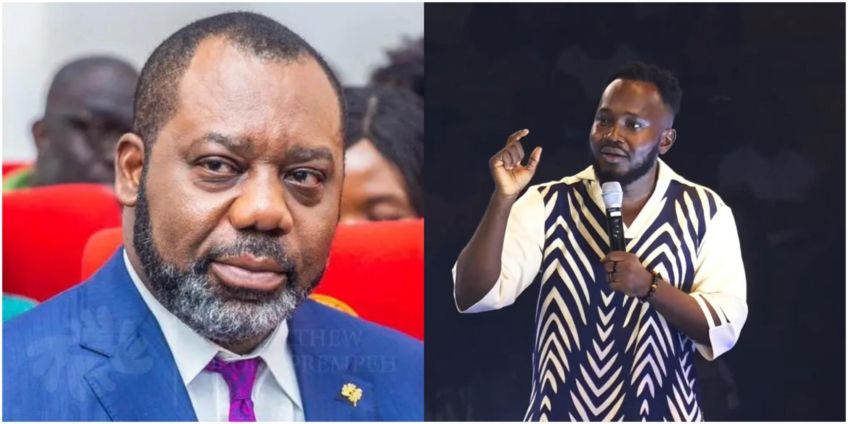
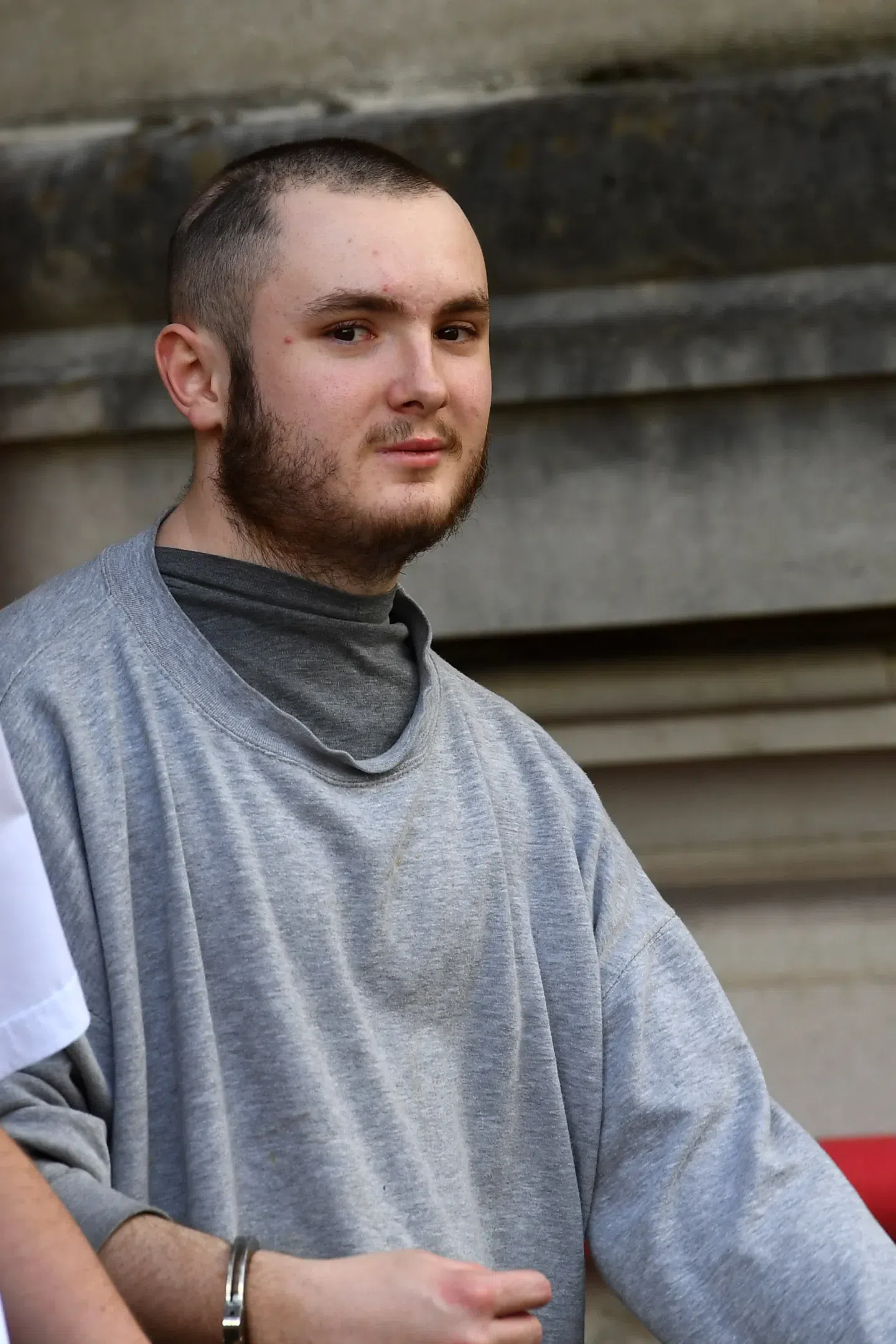

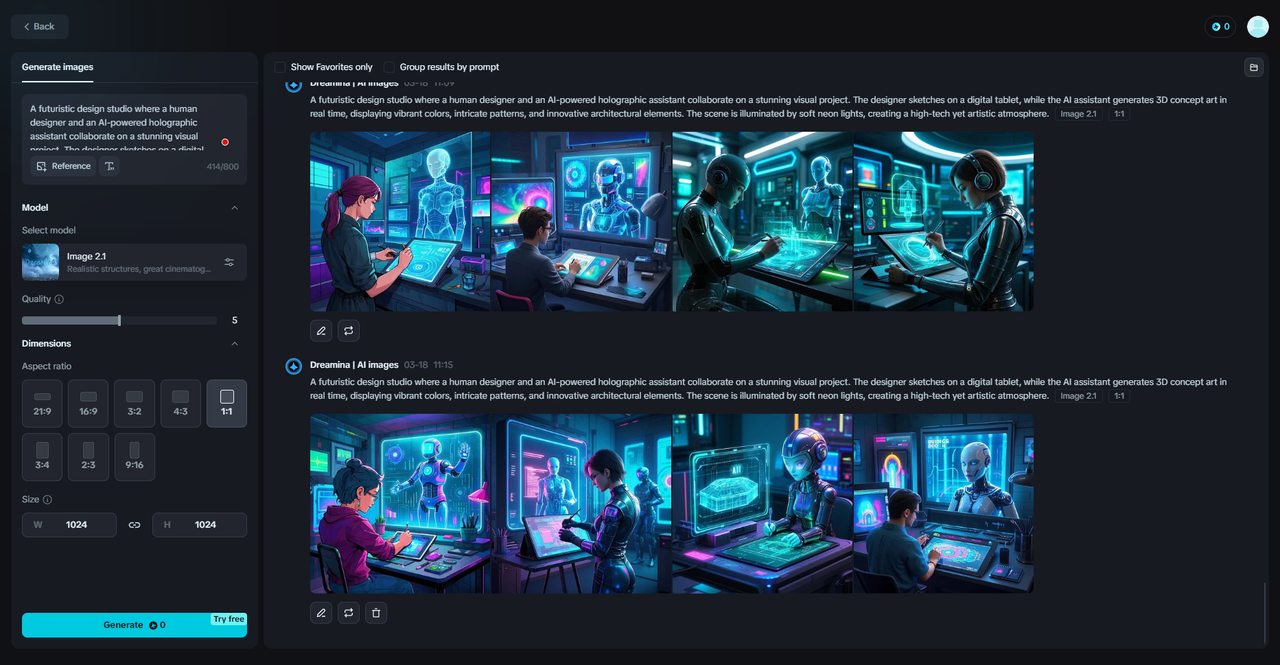
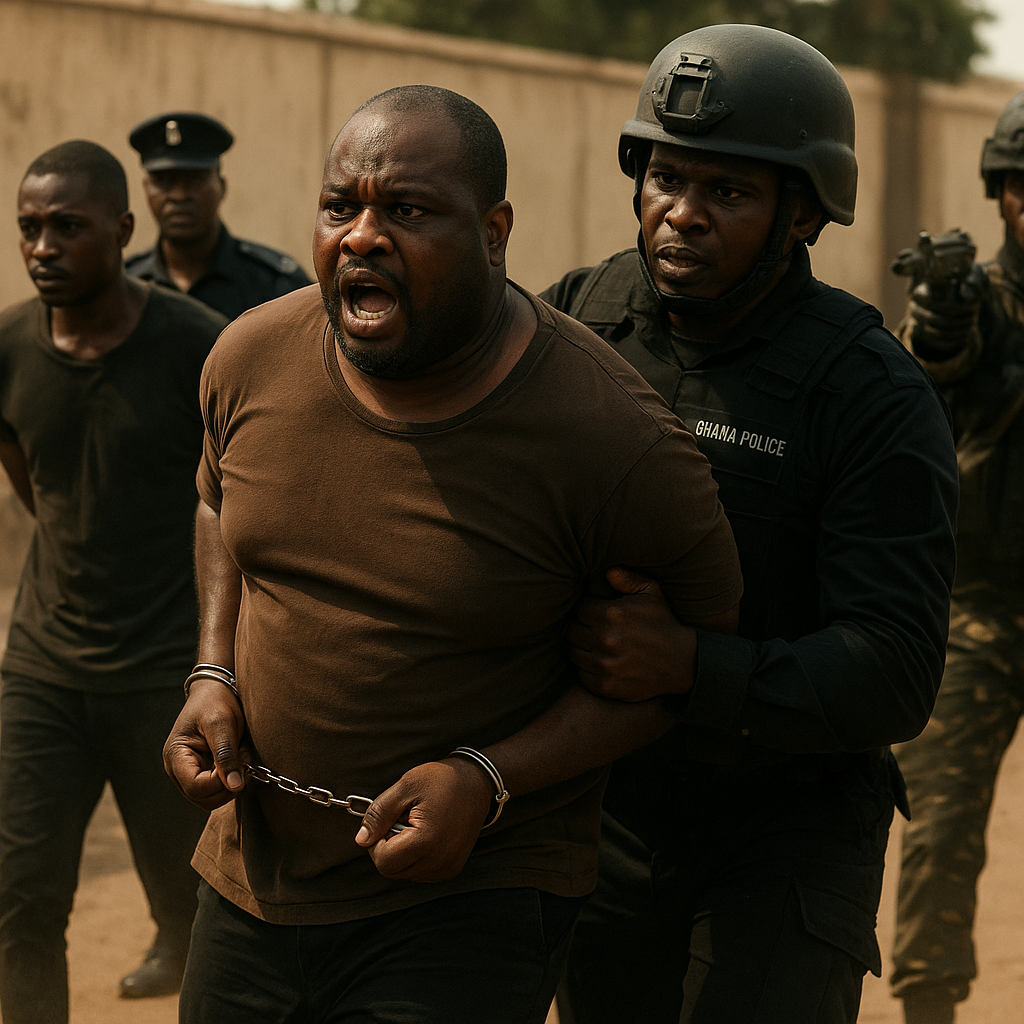
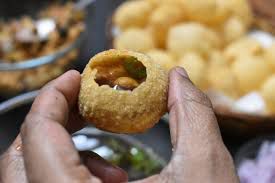

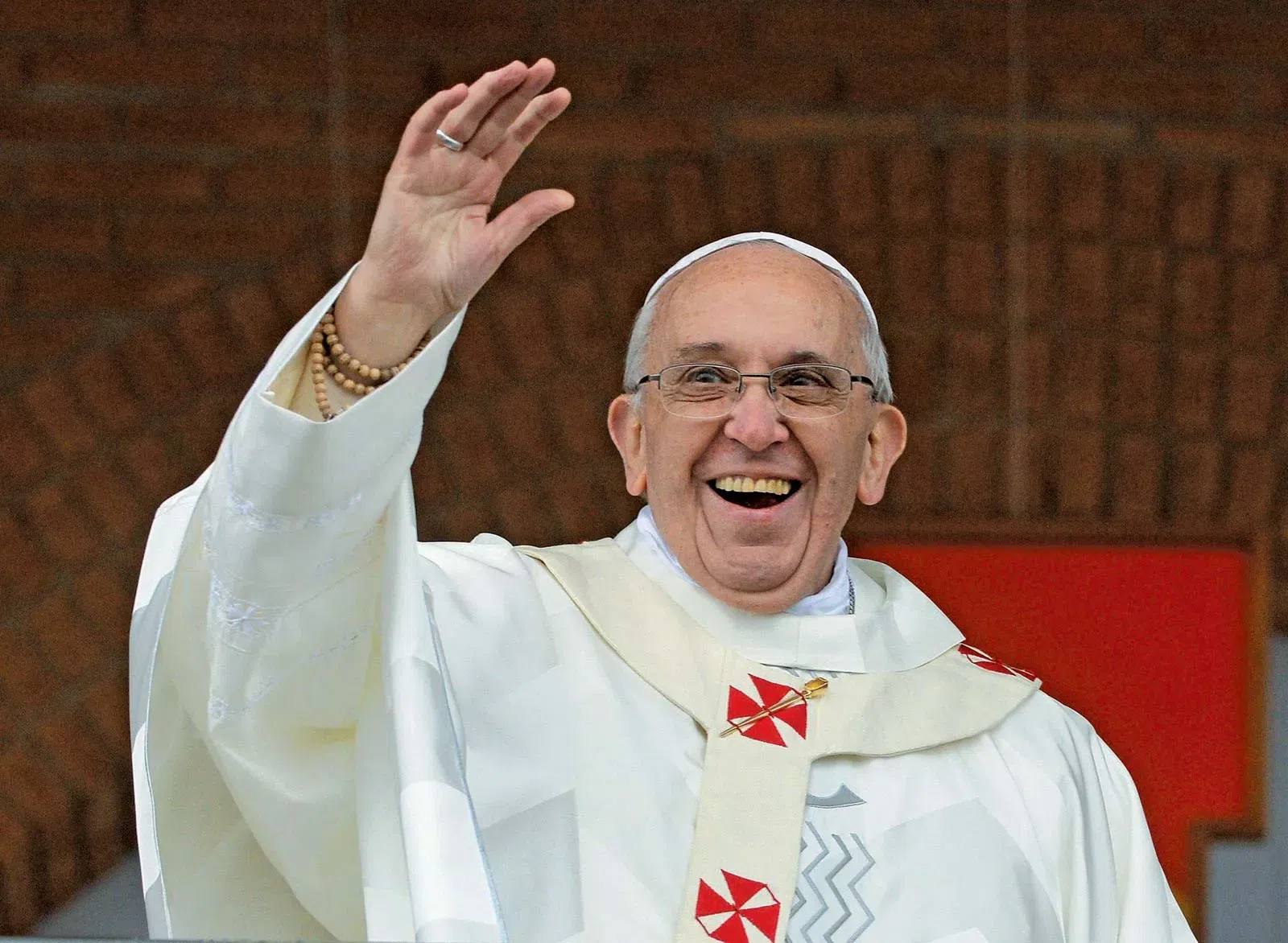


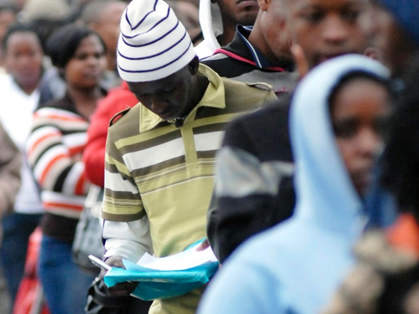


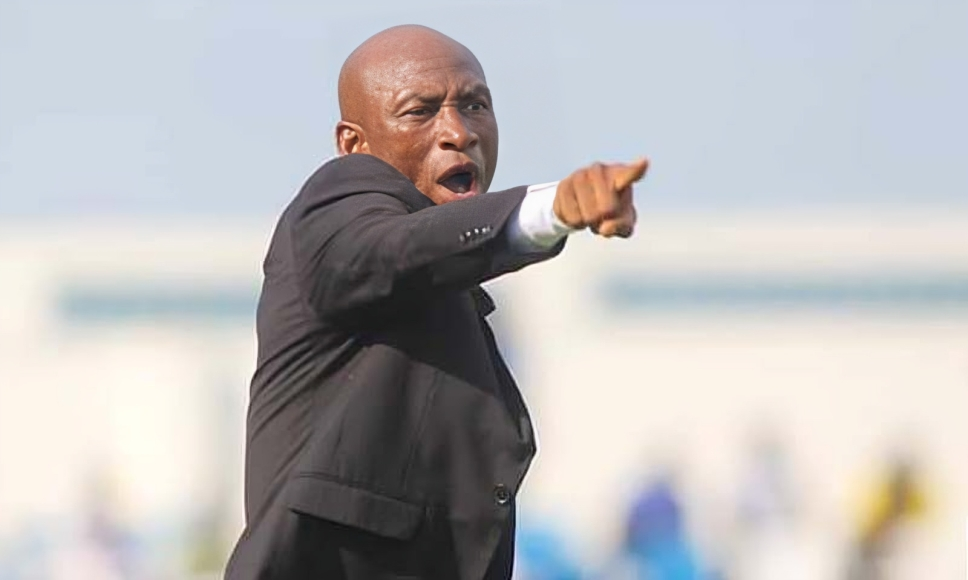
Facebook
Twitter
Pinterest
Instagram
Google+
YouTube
LinkedIn
RSS